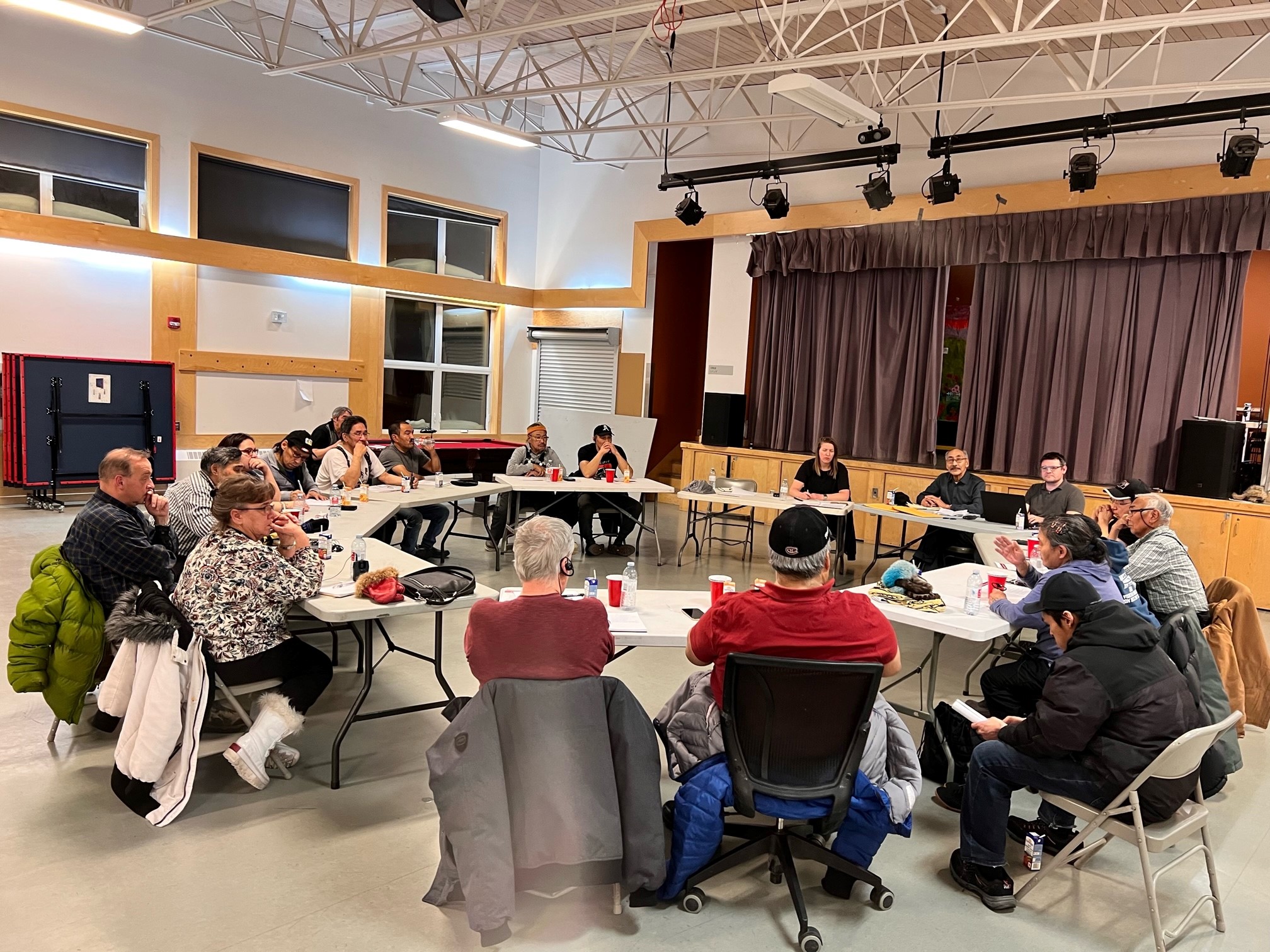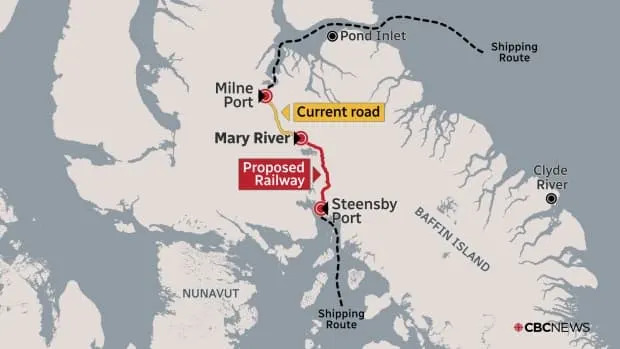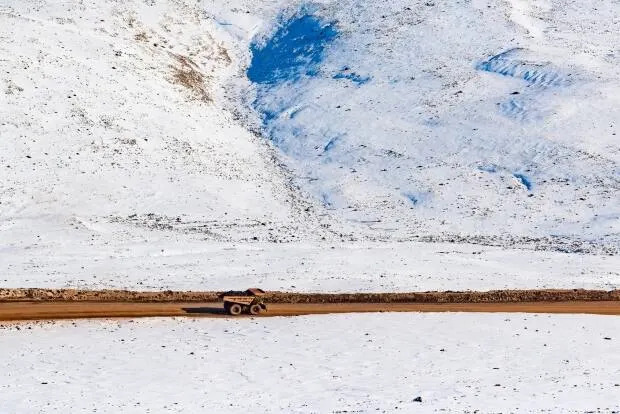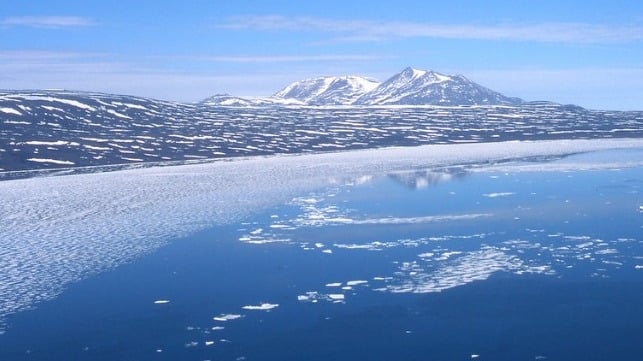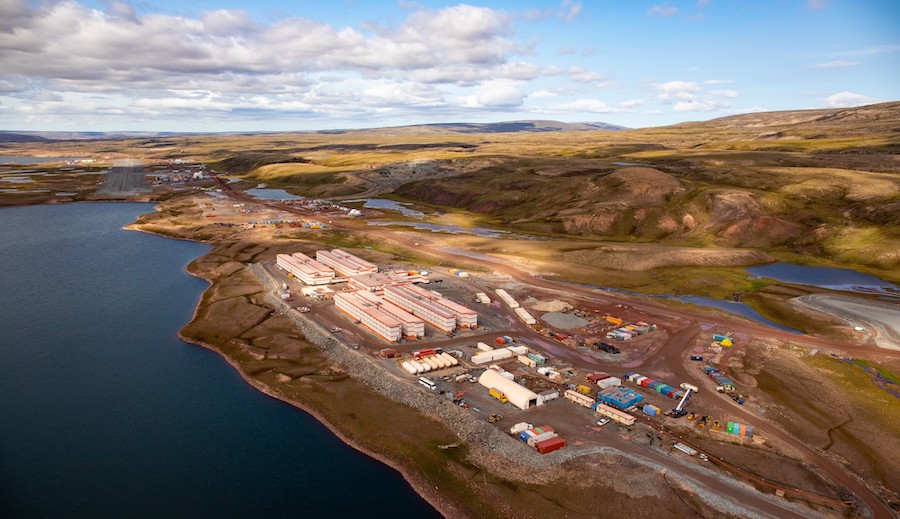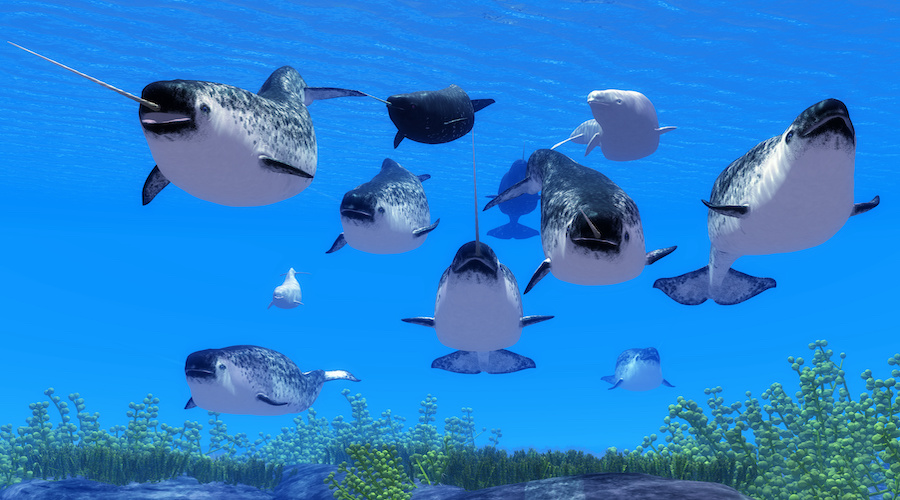Tue, August 2, 2022
Baffinland Iron Mines Corp. has sent layoff notices to more than 1,100 of its employees.
The company sent the notices July 31, said spokesperson Peter Akman. The first round of layoffs is scheduled to happen Sept. 25, and the second on Oct. 11.
“The company has had to take this step out of an abundance of caution,” Akman wrote in an email to Nunatsiaq News.
Baffinland operates an iron mine on north Baffin Island, where it employs about 350 Inuit.
The company warned it would have to lay off employees if it didn’t get permission to ship six million tonnes of ore this year out of Milne Inlet.
Baffinland is currently working with a permit that allows it to ship 4.2 million tonnes of iron ore per year, since a temporary permit that allowed it to ship six million expired Dec. 31.
In May, Baffinland asked federal Northern Affairs Minister Daniel Vandal to sign an emergency order that would allow the company to skip the review process, citing the potential layoffs if its shipping limit wasn’t increased.
Asked why Baffinland didn’t apply for the permit extension earlier so the Nunavut Impact Review Board would have time to consider the application before making a recommendation to Vandal, Akman cited a number of factors, including the status of a larger application that would allow Baffinland to double the mine’s output. The company had been expecting an answer on the proposed expansion before the temporary permit expired.
Vandal denied the request for an emergency order, but has instructed the review board to treat Baffinland’s application as a priority due to the jobs at stake.
“The regulatory process is moving slowly,” Akman wrote. “As a result, Baffinland must continue to take preparatory steps to rescale its operation.”
There is still a chance the company could take back the layoff notices.
“If we receive approval to continue mining at [six million tonnes] this year as we are hoping, we will rescind the termination notices,” Akman said.
David Venn, Local Journalism Initiative Reporter, Nunatsiaq News
Tue, August 2, 2022

Baffinland's Milne Inlet operations, pictured in January 2021. A company spokesperson says the company is preparing for two rounds of terminations to take effect this fall.
Baffinland Iron Mines sent termination notices to over 1,100 of its staff on Sunday, including 200 Inuit employees.
Baffinland spokesperson Peter Akman said the company is preparing for two rounds of terminations to take effect on Sept. 25 and Oct. 11 — if the company does not receive permission to continue extracting six million tonnes of iron ore annually from the Mary River mine.
Akman said the notices affect all employees in any aspect of the company's northern operations.
"Anyone who's working at the two sites, the port or the Mary River site, but also across Iqaluit, and across Nunavut ... Anyone who is working for us, will have potentially received the notices."
One of the employee letters, obtained by CBC News, explains the termination notice is a result of the regulatory process moving "more slowly than is necessary to meet Baffinland's operational requirements."
"As a result, pursuant to section 14.03(2) of the [Nunavut Labour Standards] Act, as of the date of this letter, you are being provided notice that on the 25th day of September 2022, your employment with Baffinland will be terminated," the letter reads.
The Nunavut Impact Review Board (NIRB) is currently reviewing a request from the company to carry on extracting ore at a similar rate as recent years, while the federal minister ponders what to do with the NIRB's recommendation that the mine not be allowed to expand as planned.
The minister of Northern Affairs, Dan Vandal, has urged the board to make its recommendation by Aug. 26. In a notice July 19, NIRB said it would be unable to meet that timeline "due to logistical constraints and existing board commitments."
Baffinland said the deadline of its production increase extension was meant to fall after the Phase 2 regulatory process was completed, but due to "a number of factors, including the COVID-19 pandemic, the authorization expired before the process concluded."
Intervenor group Oceans North has previously stated that Baffinland's situation is "a foreseeable consequence of poor management and planning," and expressed concern that the company is using the prospect of layoffs to pressure the Nunavut Impact Review Board "to approve current and future expansion of the mine."
Akman said the company is still working on getting its permit to increase its limits to six million tonnes per year, and if it is successful, then Baffinland will rescind the termination notices.
In the meantime, Akman said the letters were sent to employees last weekend "out of an abundance of caution" in the event that mine operations aren't approved by the time it meets its current production limit. He expects the company will reach that limit on the ore extraction side by mid-September, and on the shipping side by early October.
When that happens, and if no approval comes before then, Akman said the company will have "no choice" but to stop production.
"Once we reach that amount, then we have to stop," he said. "For the remainder of 2022 we will have no more work to do."
Akman didn't say whether the employees who could be terminated would be re-hired again.





